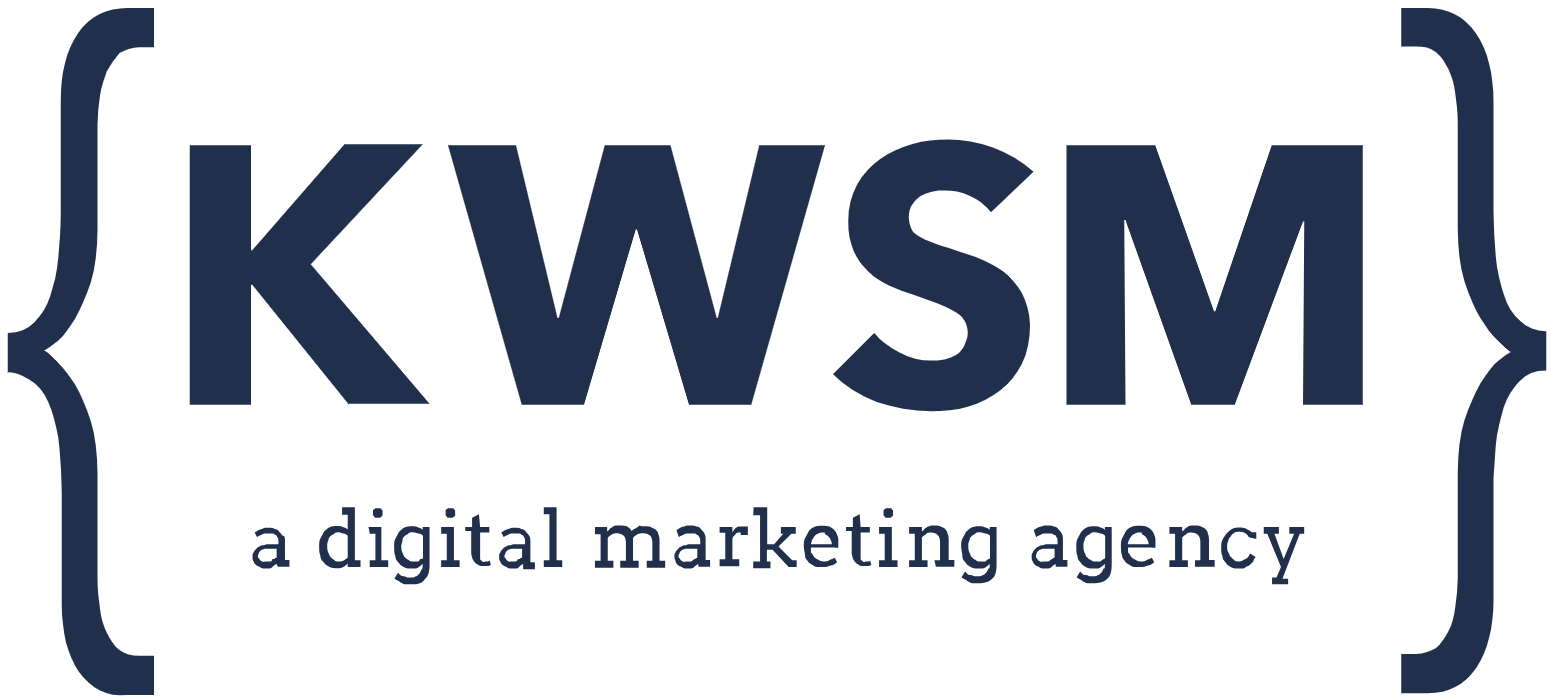Countless business owners are in search of the “secret sauce” for success when it comes to marketing their brand. Even if a foolproof recipe does exist, kick-ass campaigns and stand-out content are meaningless if you haven’t created a strong foundation for your company to build on.
You may already feel confident in your company’s website presence, but you still need to ensure that your site’s search engine optimization (SEO) is helping drive qualified traffic to your website before you put your foot on the gas. This means making sure your website and online content are optimized to be found easily in search.
Here are 10 ways you can audit your website to ensure that it is easily ranked in search:
1. Does your site navigation have less than 7 menu items?
Too many items in your navigation can overwhelm users. A clear navigation bar with less than 7 menu items makes it easy for visitors to quickly find content that interests them on your website. It will also help your performance in search, as you are providing a clear user path and page priority for web crawlers.
2. Does your site load within 3 seconds on both mobile and desktop?
Google has indicated site speed as a determining signal used by its algorithm to rank pages in search. Also, pages with longer load times cause visitors to leave the site before it fully loads. If you would like to know how fast your site loads, we suggest running it through the Google Page Speed Test.
3. Do you have an SSL certificate for security?
Adding a Secure Sockets Layer (SSL) certificate to a website will make the site more secure and safer for those who browse, buy, and communicate via your website. Additionally, Google factors whether you have an SSL certificate into how they rank websites in search and will reward you for having one. Without an SSL certificate, many browsers (such as Chrome) will indicate that your website is not secure to your potential customers.
4. Does your site have icons that link to your social media channels?
When Google decides where to rank your website in search results, they look for social media links. Websites that have icons are given ‘bonus points,’ and websites that don’t are penalized. Social media also gives visitors a way to keep in touch and stay up-to-date on news about your company.
5. Do you have a list of keywords that you use to optimize your website for search?
Keywords are the ideas and topics that help define what your website is about. It’s important to know what industry-related keywords are searched on a regular basis so you can optimize your site to show up for those inquiries. The list of keywords for your business will also guide your content creation and blog topics to ensure the right people find you online.
6. Does your website have search engine optimized meta titles and descriptions?
One of the most significant mistakes many make with SEO is to neglect the metadata. Metadata helps search engines “understand” what the page is about and tells your visitors what to expect on the page when your search result shows.
7. Do your blogs have featured images with strategically written alt-tags?
Each individual blog post should have a featured image to attract users to click on a post that’s shared on social media. We also recommend writing alt-tags for each image, including relevant keywords as needed. These images will help you rank in Google Images, a popular search engine that leads to additional website traffic.
8. Does your website show up first when you Google your company name?
Often, the first interaction customers will have with your business is finding you in a Google search. You want to make sure that the results they see give an accurate – and flattering – picture of who you are as a company and what you do. If the information that comes up is outdated or unflattering, you should work to correct it as quickly as possible.
9. Do you have good ratings on local listings?
Bad ratings on local listings such as Yelp or Google My Business can be a red flag for prospects. Make sure that all your local listings are claimed, filled out, and accompanied by several positive reviews. We suggest that you regularly ask your customers to share their feedback on local listings to ensure good ratings and relevant reviews.
10. Do your social media channels and local listings all link back to your website?
Linking back to your website will not only improve your SEO, but it will also help your visitors find your website. You should ensure each channel is fully set up with the proper links and share content that encourages users to visit your website and continue reading.

Looking to identify gaps in your digital marketing infrastructure?
Download our 55-Point Digital Marketing Checklist to find out if you’re set up to produce optimal results for your business.











